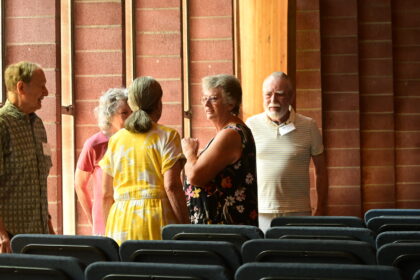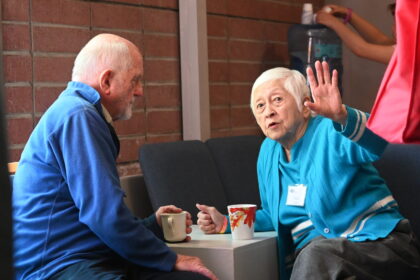Covenant of Right Relations
Several years ago, the RVUUF community worked hard to heal a time of conflict by creating and adopting a Covenant of Right Relations. It was developed with the help of a Developmental Minister and with input from the congregation.
Here is a summary adopted in 2019.
Earnestly desiring that this congregation shall flourish, I therefore promise:
- to support and nurture myself so that I may bring a spirit of balance and wholeness to the community;
- to seek to understand others with patience, humility, and tolerance, and to value integrity and respect as I interact with my partners in covenant;
- to use wisdom and forbearance in challenging or conflictual situations, being slow to anger and quick to seek honest reconciliation if disagreement becomes hurtful;
- to be attentive to guests and new members as well as those I already know, thereby contributing to an atmosphere of welcome and hospitality;
- to inform myself of RVUUF policies and issues, and to support and empower the work of the Fellowship with my skills, resources, wisdom, and good will.
In a spirit of high resolve, I join others in making this covenant so that this Fellowship shall be known for its vitality, warmth, and transformative energy.
Covenant of Right Relations is available here.
Conflict Resolution Guidelines are available here.


